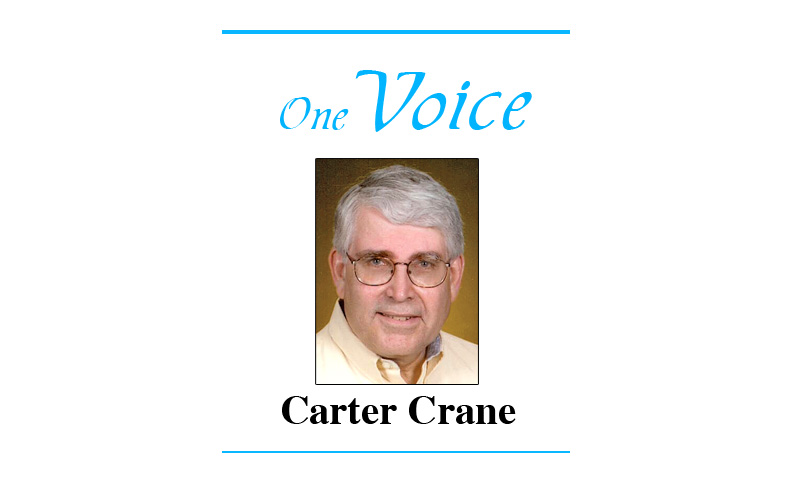
A declaration of independence traditionally has been focused on the grand plan since 1776 that stated the colonies were independent of the British from England. Our Nation, July 4, this year celebrates our 248th anniversary of the Declaration of Independence from British rule. The U.S., through the unison of all 50 states, has developed into a powerful, independent, country.
Our country has evolved into a different sense of independence which Monday this week was reflected in the U.S. Supreme Court’s 6-3 majority rule decision that the U.S., with supposedly three equal branches of government, has confirmed that the president of the U.S. and leader of the Executive Branch, is independent of any rule from the other Branches, Legislative and Judicial.
The Judicial, the U.S. Supreme Court, evidently lost its way and lost sight of the fact that the U.S. has three equal branches of government and declared the executive to have independent and final say on all matters it seeks to declare. The Supreme Court made it official that what presidents have presumed for nearly 90 years in the U.S., autocratic and supreme powers to be independent.
Prior to Monday, the national discourse was in the process of determining who would become president, incumbent, Joe Biden, or, primary challenger, Donald Trump, much less the handful of other candidates not of the two major parties, which is automatic pressure on some individuals who erroneously conclude they must vote for a winner to be president.
The Supreme Court decision almost gives the incumbent president power to somehow eliminate any challengers which could be seen as legal. The Court’s declaration goes further than allowing a dislike for presidential candidates by the incumbent, it gives a president autocratic power to stifle challengers. It reduces the U.S. history of being a democratic republic to a possible banana republic.
Although on the surface, the possibilities could appear extreme, those possibilities can become real. In the past 90 years we have justified extreme power by the president as needed because of various circumstances, to include apparent efficiency. Let’s state it again: The U.S. strength for 248 years has been civil rule as a democratic republic, a coalition of forces and opinions to serve the majority.
The Court opinion is far greater than the polarization of we and they, or of Biden or Trump. We must find our way back to democratic republic and to find a way to have more than two serious candidates for president, however inefficient it may appear on the surface. This dilemma forced upon us by the flawed 6-3 Supreme Court decision earlier this week is likely more serious than most of us understand.
The president was never meant to be king by the Founders and the apparent immunity granted by the Supreme Court ruling permits the only accountably to be at the ballot box and conceivably could allow the president to suspend elections with justification. How does the country return to a democratic republic?

